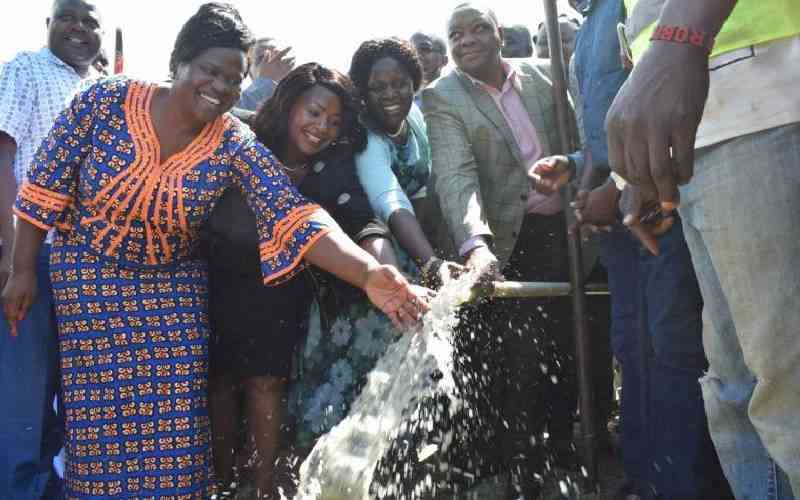×
The Standard e-Paper
Smart Minds Choose Us

Historically, water has been a central factor in human settlement patterns. Ancient civilisations flourished along river banks.
Modern cities cluster around freshwater sources, impacting how and where people live. However, unequal access to water resources has led to tensions, especially where water is scarce or polluted. Competition for limited resources can escalate into conflicts, aggravating social and political instability.